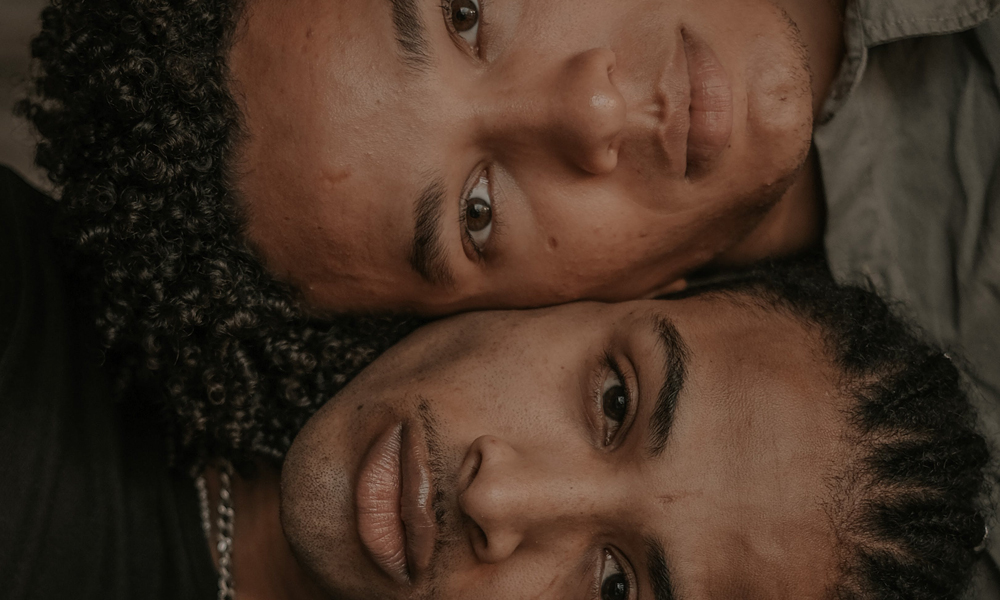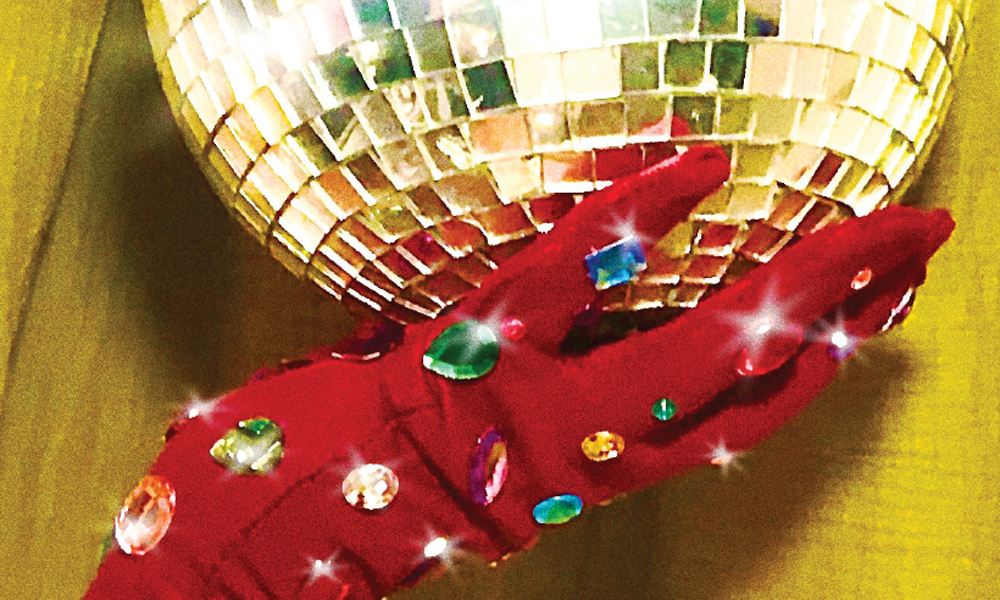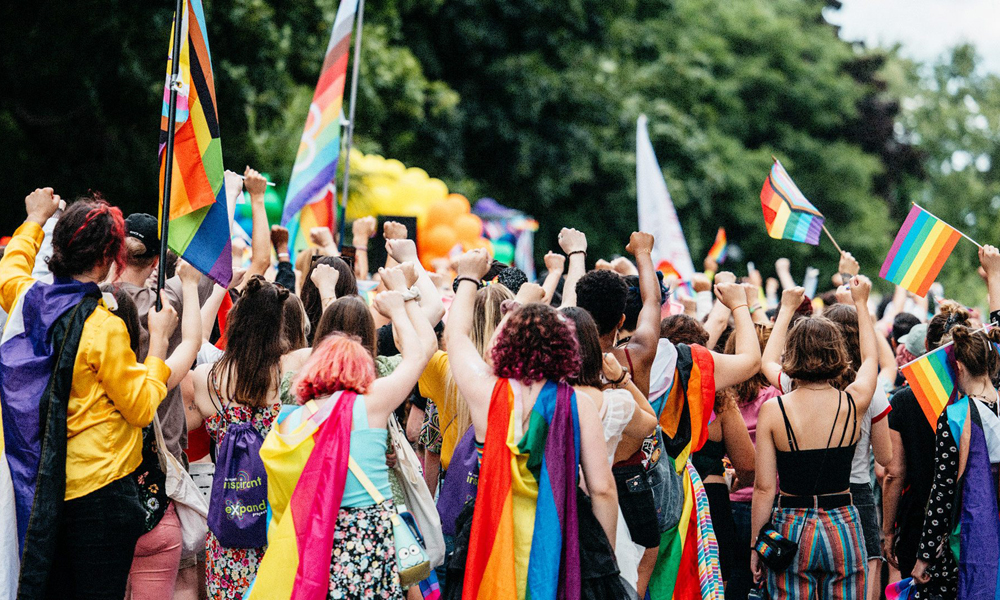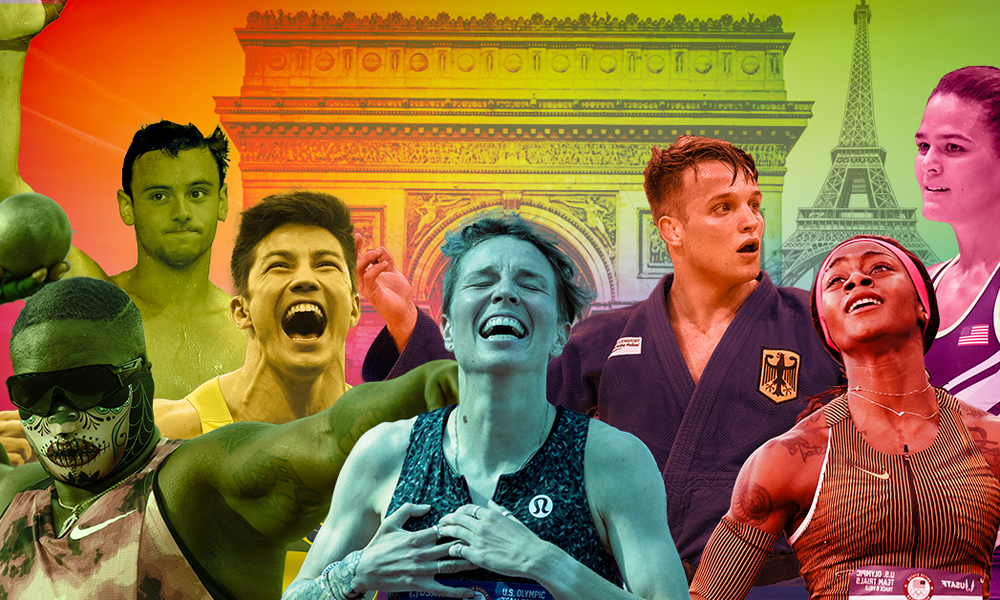Honouring history and shining a spotlight on the challenges facing Black 2SLGBTQI+ Canadians today…
By Jumol Royes
“Most people are planted in someone else’s soil.… I say to them, uproot yourself. Get into your own soil. You may be surprised who you really are.”
These stirring words were spoken by the late Jackie Shane: iconic soul singer, pioneering Black transgender performer and a prominent figure in Toronto’s R&B scene in the 1960s. Historica Canada released a Heritage Minute a couple of years ago highlighting Shane’s story and how she helped shape what came to be called the “Toronto Sound,” a brand of R&B unique to the city.
Watching it made me wonder how much we really know about the history of Canada’s Black 2SLGBTQI+ communities and their lived realities today.
Black History Month was officially recognized in Canada in 1995 following a motion introduced in the House of Commons by the Honourable Dr. Jean Augustine, the country’s first Black female MP. Every February, we honour and celebrate the history and culture of Black Canadians and acknowledge their enduring impact on Canadian society.
These moments of celebration and acknowledgement haven’t always made space for Black 2SLGBTQI+ communities. I struggle to recall learning anything about the historical contributions of Black 2SLGBTQI+ Canadians in school, and their inspiring stories of being on the frontlines of social change have often gone untold or been downplayed. Jackie Shane’s Heritage Minute is an exception, not the rule.
Black 2SLGBTQI+ people in Canada have a long history of activism and community organizing that dates back decades.
Zami – formed in 1984 by activists and founding members Debbie Douglas, Douglas Stewart, Courtnay McFarlane, Sylmadel Coke and Deryck Gloden – has the distinction of being Canada’s first organization for Black gay and lesbian people of Caribbean descent. The group, which got its name from the Caribbean-Creole word for lesbian – and the title of Black feminist and lesbian writer Audre Lorde’s 1982 book – was a queer group within the larger Black community that grew out of the collective house and centre for Black 2SLGBTQI+ activism known as Dewson House at 101 Dewson Street in Toronto. Meetings were held at The 519 with a focus on 2SLGBTQI+ issues within Black communities. Zami marched in its first Pride parade in Toronto in 1985, hosted its first Caribana party that same year, and paved the way for organizations that provide safer spaces for Black 2SLGBTQI+ people to organize, socialize and seek support today.
Zami only existed for five years, but its founding members helped start many of the organizations that followed in its footsteps: like Aya, a Toronto-based group for Black queer men; the Black Lesbian and Gay Action Group; the Black Coalition for AIDS Prevention (or Black CAP), an organization that has worked tirelessly to respond to the threat of HIV and AIDS in Toronto’s African, Caribbean and Black (ACB) communities for close to 35 years; and Blackness Yes! which organized the first Blockorama Pride event for Black 2SLGBTQI+ folks in Toronto and continues to build on its 24-year history of co-creating safer spaces for Black 2SLGBTQI+ communities through art, music, AIDS awareness and outreach.
So, what does life at the intersection of being Black and 2SLGBTQI+ in Canada look like today?
The Enchanté Network is a national network connecting and supporting 2SLGBTQI+ community organizations across the country. As part of their Back to Our Roots project, a project for and by Black queer and trans people that explores organizational and community needs for Black 2SLGBTQI+ Canadians, they looked at demographic and educational experiences of Black 2SLGBTQI+ people in Canada.
The findings are distressing.
While the demographic makeup of Black 2SLGBTQI+ Canadians is diverse, they are under-represented in current research. It has also been established that compared to the general population, Black 2SLGBTQI+ people encounter challenges and discrimination both within 2SLGBTQI+ communities and outside of these communities, correlated with higher rates of poverty, unemployment and police discrimination.
A survey conducted last year by The Enchanté Network revealed that more than 70 per cent of Black 2SLGBTQI+ respondents experienced hate crimes. A total of 80 per cent reported experiencing anti-Black racism in 2SLGBTQI+ spaces.
Addressing these issues and disparities should be a priority for all Canadians.
Black 2SLGBTQI+ communities exist, and have long existed, in this country. By honouring our history of activism and allyship, changemaking and community organizing, and shining a spotlight on the challenges facing Black 2SLGBTQI+ Canadians today, we pay homage to the generations that came before us and affirm our diverse and intersectional lived experiences.
We are rooted in who we are, and who we are becoming.
Just as Shane encouraged us to be.
JUMOL ROYES is IN Magazine’s director of communications and community engagement, an Ottawa-based poet, storyteller and glass-half-full kinda guy. He writes about compassion, community, identity and belonging. His guilty pleasure is watching the Real Housewives. Follow him on Instagram @jumolroyes.







POST A COMMENT